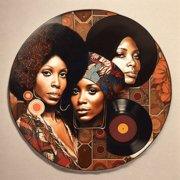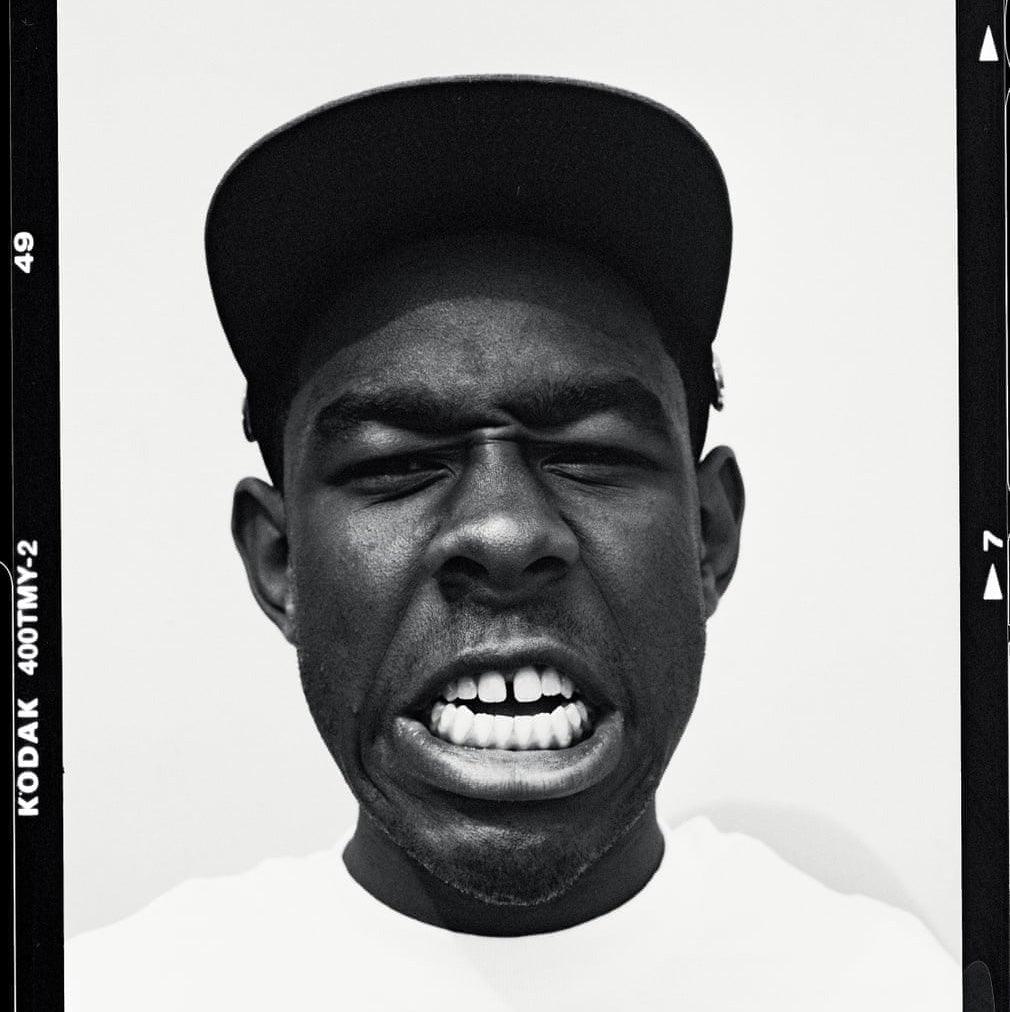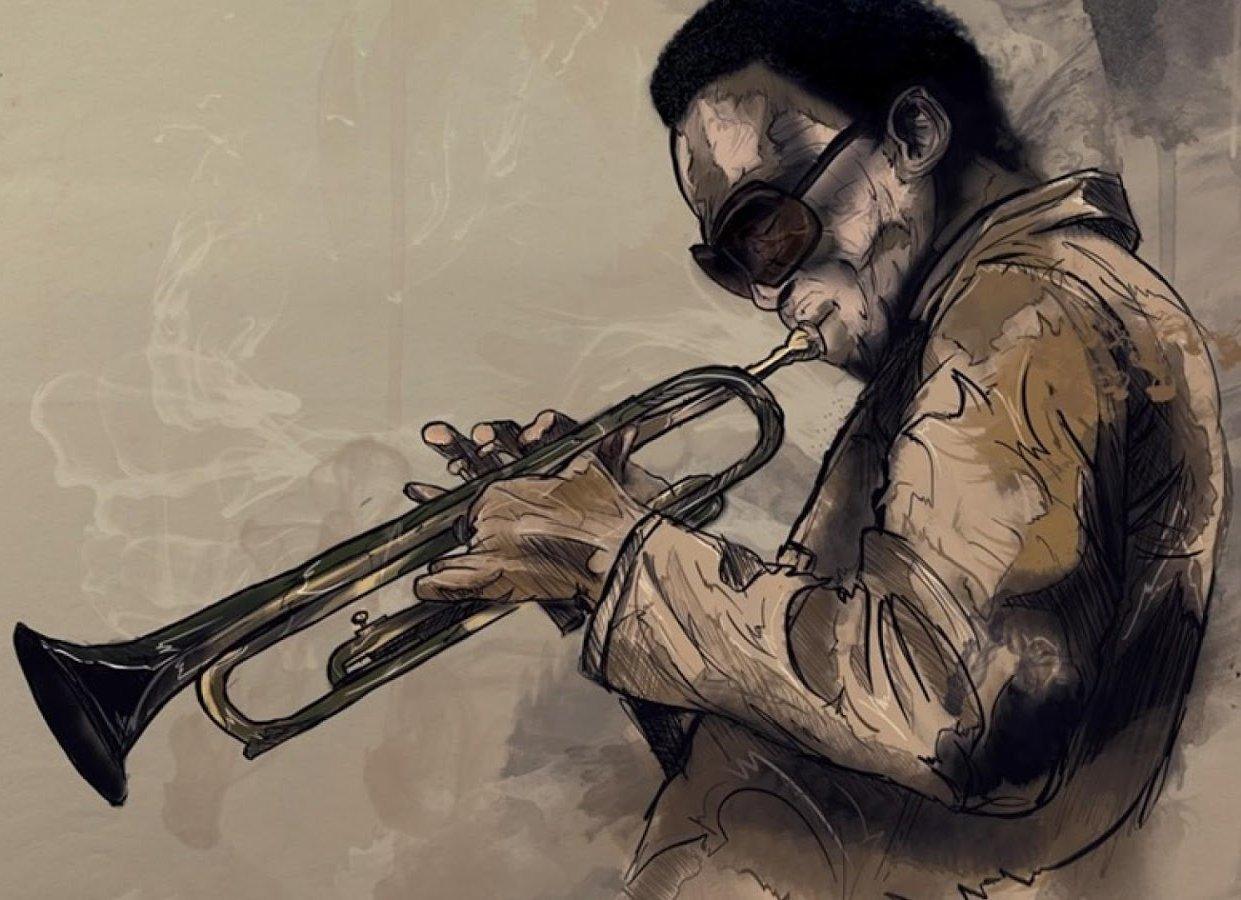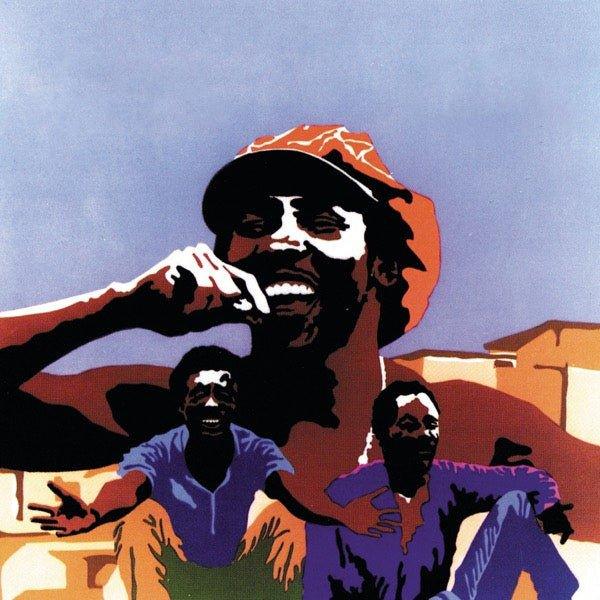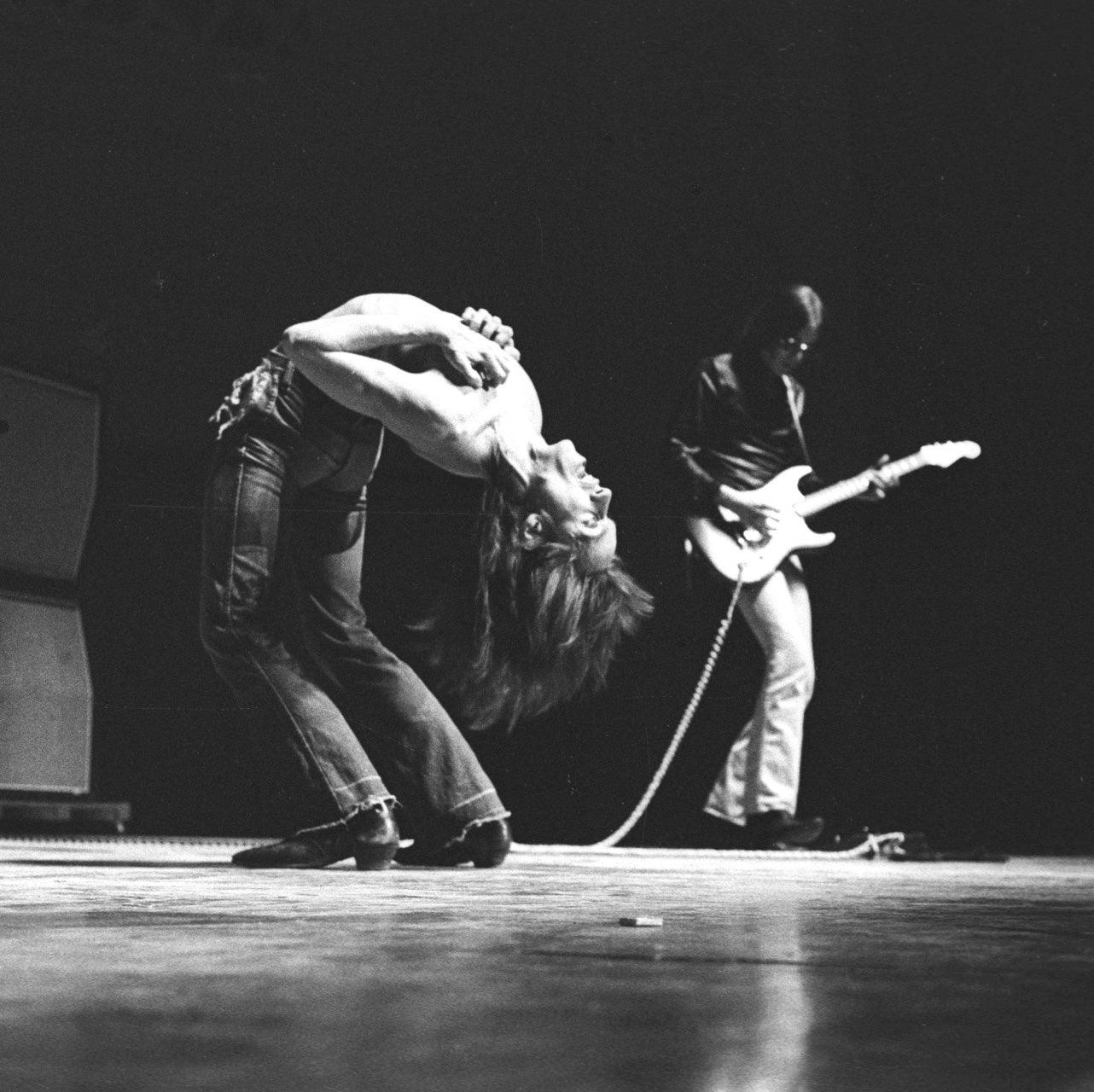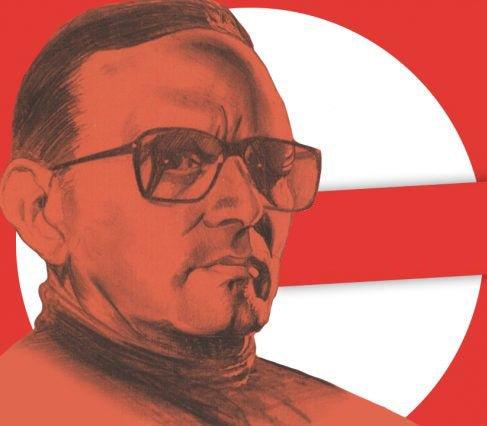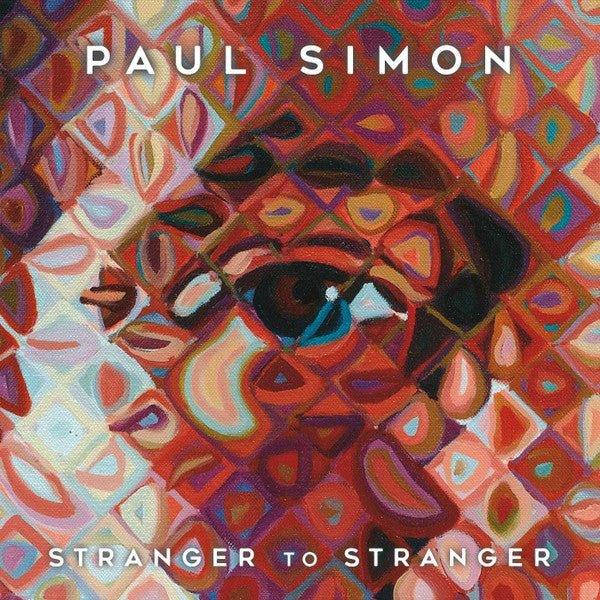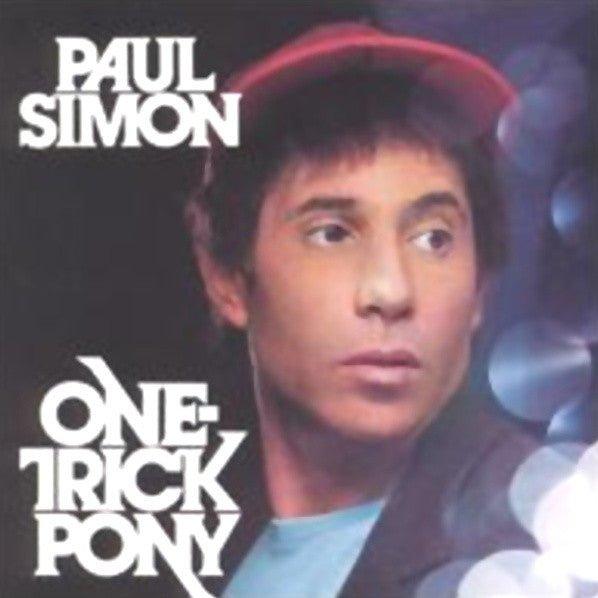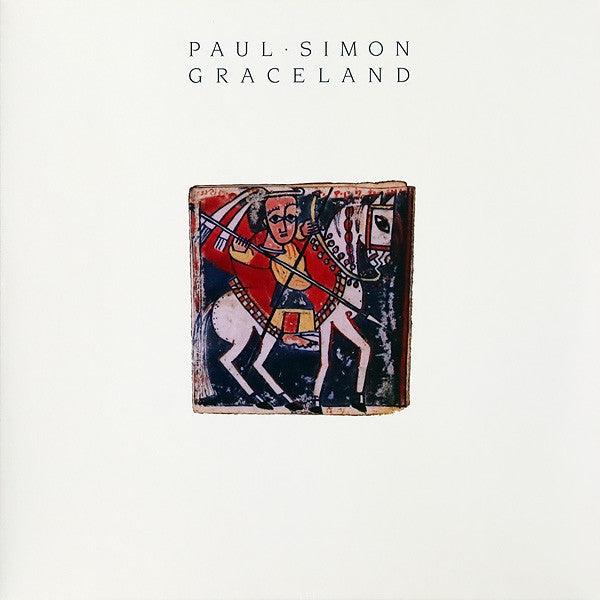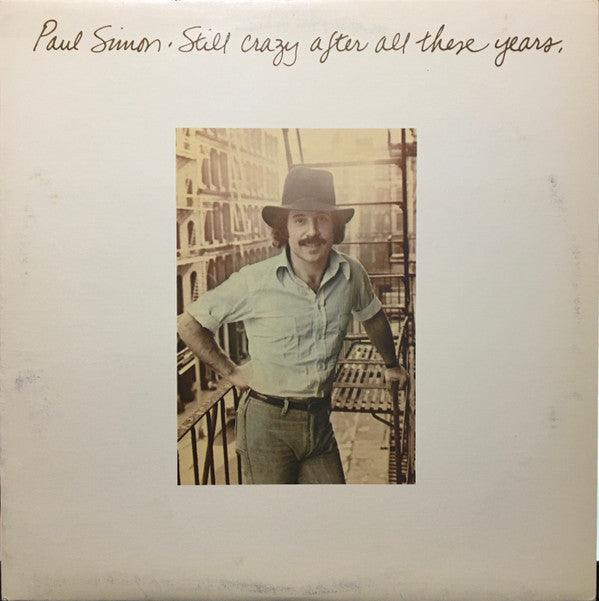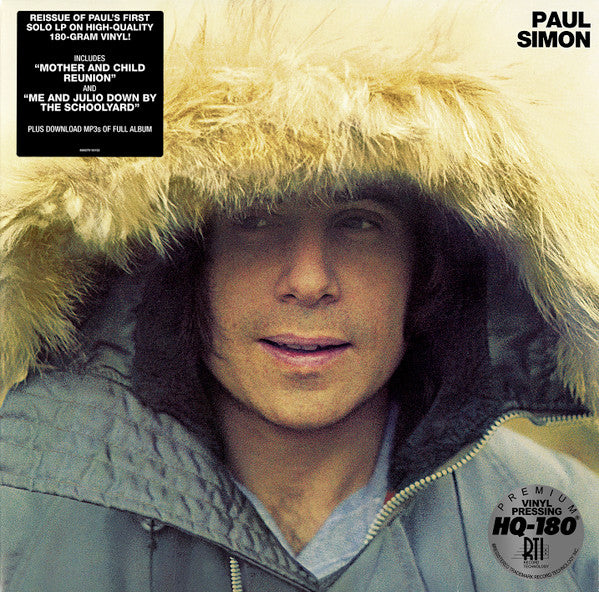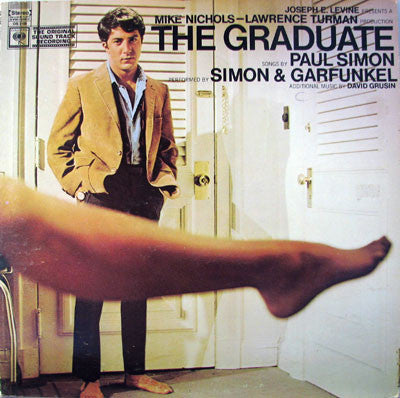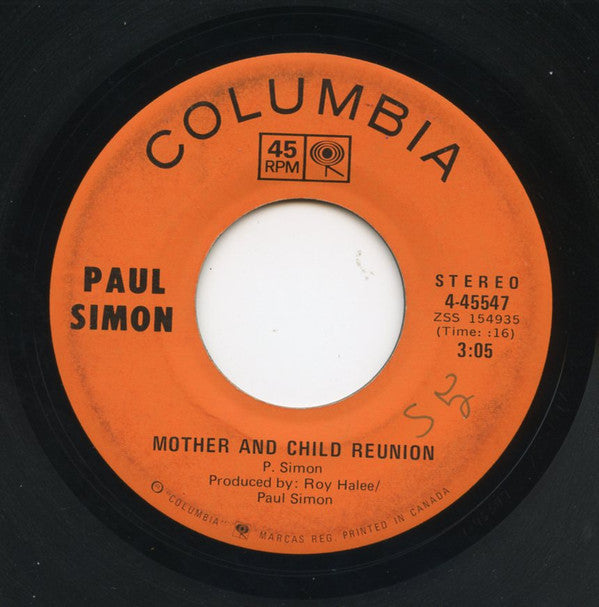Paul Simon albums in stock
Paul Simon - Live Rhymin' 1974
Sale price$12.00
Paul Simon - Stranger To Stranger 2016
Sale price$29.00
Paul Simon - One-Trick Pony 1980
Sale price$6.00
Paul Simon - One-Trick Pony 1980
Sale price$4.00
Paul Simon - Still Crazy After All These Years
Sale price$12.00
Paul Simon - The Graduate (Original Sound Track Recording) - 1968
Sale price$10.00
Paul Simon - Graceland 2012 - 2012
Sale price$35.00
Paul Simon - There Goes Rhymin' Simon
Sale price$9.00
Paul Simon - Still Crazy After All These Years
Sale price$12.00
Paul Simon - Greatest Hits, Etc. - 1977
Sale price$8.00
Paul Simon - Paul Simon - 2013
Sale price$35.00
Paul Simon - Still Crazy After All These Years
Sale price$12.00
Paul Simon





Other Formats
Paul Simon - Mother And Child Reunion - 1972
Sale price$4.00


